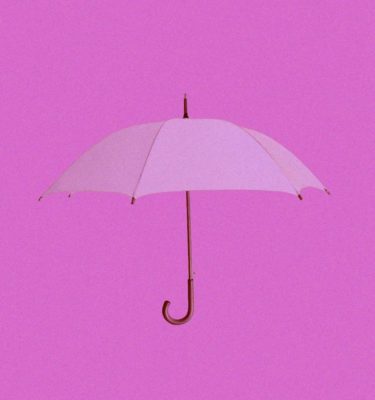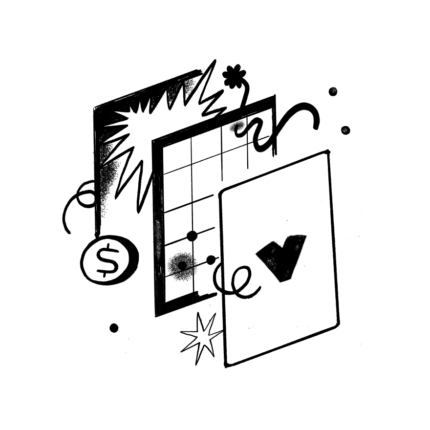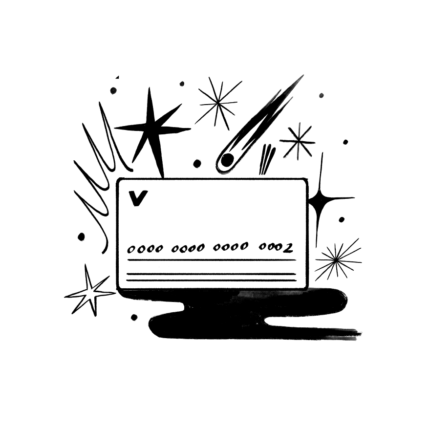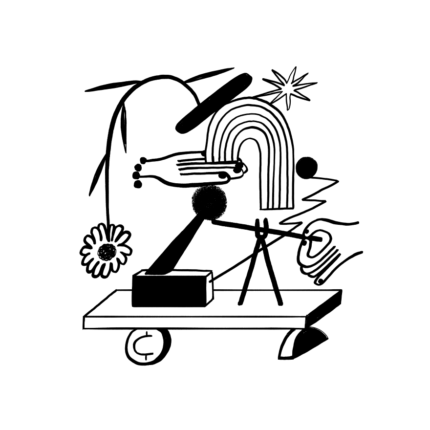Just because your health savings account (HSA) can be used as an emergency fund, doesn’t mean it should be. Here’s Kate’s take.
I became a full-time freelancer four years ago after a sudden company-wide layoff. While it was exciting to strike out on my own, my new reality also came with a new set of challenges. The most daunting was paying for my own health insurance.
I compared plans through Healthcare.gov—a.k.a. the Marketplace—and signed up for a high-deductible health plan (HDHP). The cheapest bronze plans had deductibles over $6,500, which I knew wasn’t out of the ordinary. What this meant was I would have to spend up to the deductible until my insurance kicked in… and that’s a pretty penny.
There was one unique benefit of this costly health plan, though. I could pair it with a health savings account (HSA), which, to start, has three major tax benefits: 1) a deduction for contributions, 2) tax-free earnings, and 3) penalty-free withdrawals for qualified expenses.
My HSA wouldn’t offset the high out-of-pocket medical expenses. But the tax savings could reduce the total cost of healthcare every year…
Lesser-known health savings account rule
Although you can rollover your HSA balance every year, most people reimburse themselves for medical expenses as they occur, according to a recent Employee Benefit Research Institute report.
I planned to do the same until I uncovered a lesser-known HSA rule.
There is no deadline for reimbursements, as long as the expenses happened after you first opened your account. By keeping track of receipts, I could reimburse myself whenever I wanted—even many years later.
When I learned about this rule, I considered using my HSA as a back-up emergency fund. That’d mean I could pay out-of-pocket for seeing the dermatologist, monthly prescriptions, and over-the-counter medical expenses. Then I could “cash-in” these older receipts for emergency expenses as needed.
But after weighing the pros and cons, and running the numbers, I decided against this back-up emergency fund strategy. Here’s how I broke it down.
Your HSA grows if you don’t touch it!
Although it’s been tempting to tap my HSA at times, I’ve chosen a different strategy. Over the past four years, I’ve made monthly contributions—enough to max it out annually—and I invest my balance with a long-term timeline.
For example, let’s say I started from scratch and contributed $295.83 every month for the next 30 years. That’s $3,550 per year (the individual limit for 2020) or $106,500 in total contributions. Assuming I can earn a conservative 4% rate of return (if compounded monthly), I could have $205,321 after 30 years! If I took that money out to use it whenever I felt like I might need the bump… I’d be losing out big time.
Tip: You can see your own health savings account’s growth potential by plugging the contributions, time period, and estimated return into a compound interest calculator.
I’m 36 now, which means that in 30 years, I’ll be 66 and closing in on the golden years. With the average retired couple spending $285,000 on healthcare expenses—not including long-term care—it’s tough to imagine I won’t need the money. In fact, healthcare could be my biggest retirement expense.
The best part is I won’t have to pay taxes on withdrawals for qualified medical expenses. And as long as the tax laws haven’t changed, it may still be possible to cash in order receipts for past expenses—which offers even more HSA flexibility. Cha-ching!
Investing HSA funds isn’t right for everyone
Before investing your HSA money, it’s smart to consider your family’s complete financial situation. You should also think about your risk tolerance and timeline before making a decision.
If you can’t afford to pay out-of-pocket for medical expenses—and you will need the money soon—it may be better to keep the account in cash. The same may apply if you are expecting a major healthcare expense within the next couple of years.
But remember: even if you can’t invest the money now, it may still be a possibility for the future. Could be a good consideration for keeping those funds right where they are…



